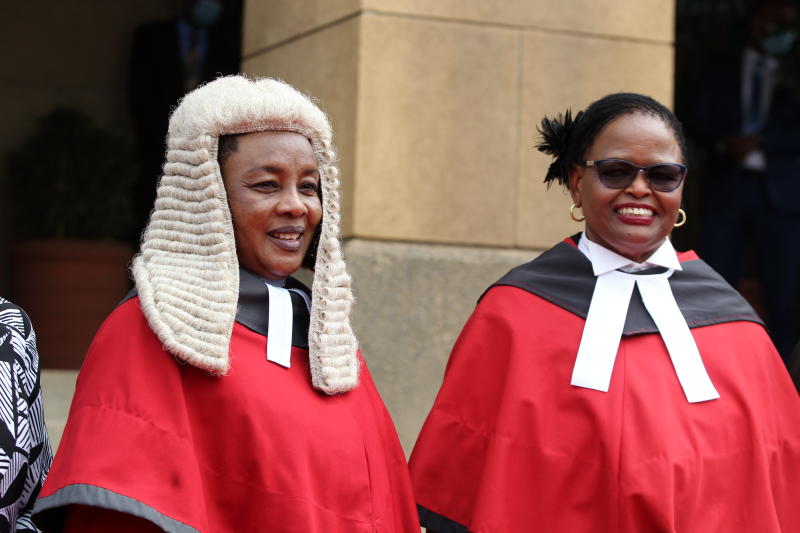×
The Standard e-Paper
Smart Minds Choose Us

Groomed and built around the Judiciary, where judges and lawyers are expected to wear gowns and the colonial-judges’ wig, one would have expected her portrait to be traditional and conservative, and with many protocols.
However, she is different, and maybe this will be her style as she serves in the Judiciary.